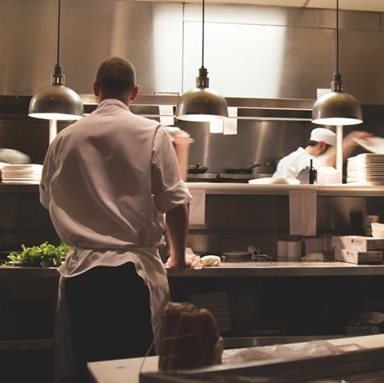The Australian Hotels Association (AHA) has called on the federal government to consider the specific needs of the hospitality sector in the design of a new temporary working visa system.
This follows the announcement by Prime Minister Malcolm Turnbull that the current 457 visa system would be abolished and replaced with a new scheme made up of two streams: one short term (issued for two years) and one medium term (issued for up to four years for “more focused occupation lists”). Both of these will be subject to labour market testing including a requirement for two years of work experience, a market salary rate assessment and a new non-discriminatory workforce test.
AHA said it’s important for the government to recognise the specific skilled labour needs of the hospitality sector, currently undergoing its largest ever expansion.
“The hospitality industry is growing at unprecedented rates at the present and the demand for skilled labour is at all-time highs with this complete transformation of Australia’s hotel industry,” said AHA CEO, Stephen Ferguson. “Retention of chefs and cooks in the skilled occupation list is a must.
“Australia’s hospitality sector has responded with a wide range of training and career development programs, but with such a rapid increase in tourism it is impossible to meet the demand for skilled labour in the short-term through local channels, especially in regional and remote Australia.

Source: edupi
“We will be happy to work with the federal government to ensure that their objective of growing local employment is met, while also encouraging growth in the hospitality sector through carefully targeted temporary skilled worker placements, particularly to support regional Australia.”
AHA(WA) CEO Bradley Woods welcomed Turnbull’s announcement, claiming that the new Temporary Skills Shortage (TSS) visa will continue to support businesses experiencing genuine skills shortages.
“The new visa system appears to strike the balance between supporting young Australians who are looking for work and supporting businesses who can’t find enough skilled locals to fill positions. The new visas also remove the pathway to permanent residency for low skilled workers," he said.
 Source: SMH. The foodservice industry relies heavily on 457 visa holders.
Source: SMH. The foodservice industry relies heavily on 457 visa holders.
“Cooks and chefs will remain on the occupations list used for skilled migration assessment, however with caveats, ensuring that they are working in skilled positions – for example not in fast food outlets.”
John Hart, CEO of Restaurant & Catering Australia (R&CA) also welcomed the government’s announcement, stressing the importance of maintaining sufficient streams of skilled migration in alleviating the skills shortages affecting hospitality.
“The impact of Australia’s massive skills shortages is being acutely felt by the hospitality sector because of its heavy reliance on labour.
“As the highest employment growth sector in the Australian economy, having an effective and well-designed skilled migration system is critical in meeting the demand for skilled labour among employers. The caf and restaurant sector alone is projected to generate 84,300 jobs by November 2020.
“What’s clear is that the local workforce on its own won’t be able to meet this demand so hospitality employers need to be able to access overseas labour to plug this gap,” Hart said.
Hart added that the skillsets of overseas workers have greatly enhanced the local workforce in the hospitality sector and have assisted young Australian apprentices in obtaining jobs.
“The rhetoric around skilled migrants taking the jobs of Australian workers is utterly false. What needs to be recognised is the role that skilled migrants play in actually helping young Australians obtain jobs through the transfer of their skills,” he said.

